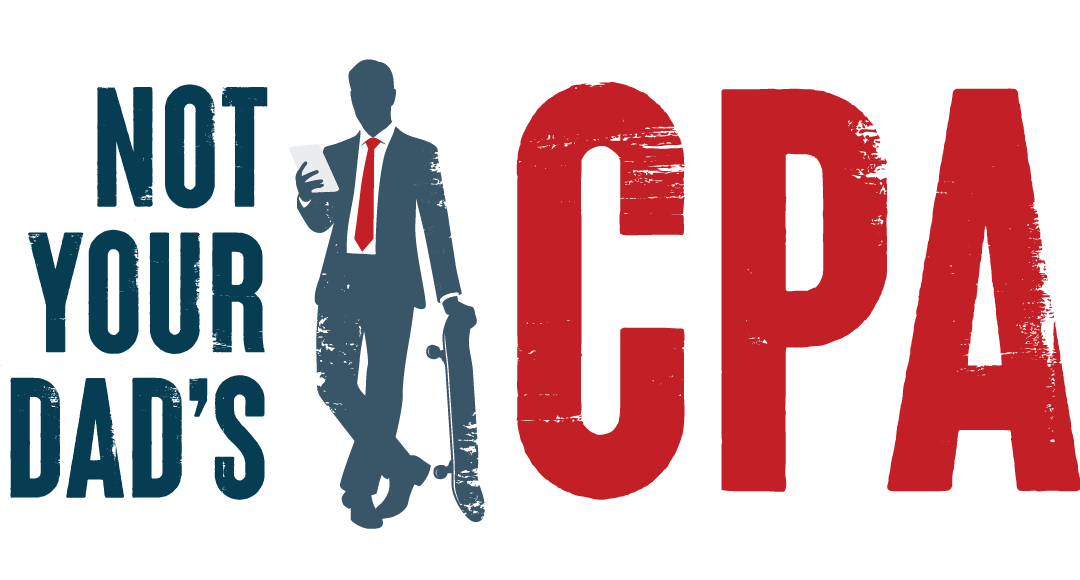If you’re like most beginning or intermediate sellers, you might be making less money selling online than you think. In fewer cases (if you’re lucky), you might actually be making more than you think. But I rarely see that in my work as a CPA with online reseller business owners.
It usually happens like this: I get a new reseller tax client who is doing anywhere from $30,000 of sales to well over $100,000. They haven’t done the greatest job at their record keeping, so we piece everything together through a joint effort. When all is said and done, their taxable profit is much lower than they would have ever guessed. They might even have a tax loss.
Do you know how profitable you are? Let’s look at the most basic level of what “profitable” actually means.
What Does Making Money Selling Online Even Mean?
“Six-figure seller” is a popular title these days for people who sell stuff online. (I’m nearly there myself!) But what does “six-figure seller” even mean? Those who use this term are typically referring to their total income from sales. How much of those sales they are actually pocketing is usually a mystery.
One issue is that there is a lot of ambiguity in financial terms, and you have to clarify what is being referred to. For example:
Income typically refers to your total sales (what your customers pay you for your product). However, some people also use it to refer to their net income (same as net profit), which is what you have left over after expenses.
Earnings typically refers to your net earnings, which is the same as your profit, but people often confuse it with sales.
Profit (similar to earnings) refers to your business profit, but some people might confuse it with the taxable profit listed on their tax forms, which is rarely the same for resellers. (Taxable profit usually includes noncash expenses such as mileage, depreciation, and home office deductions.)
Suffice it to say, you probably can’t make an “apples-to-apples” comparison with others who are throwing around their online sales numbers, because you don’t know what financial definitions they’re using.
Do You Know How Profitable You Are?
Let’s look at the most basic level of what “profitable” actually means.
Even I sometimes get lost in the excitement of seeing my sales numbers increase. But this can cause me to lose focus on my profitability.
What many of us overlook is that you could be a six-figure online seller and still be making the equivalent of minimum wage. You might even be losing money. So how does that work?
It’s all about your profit margin.
What is your profit margin?
Your profit margin is the percent of your sales (same as income or revenues) that ends up in your pocket as profit.
Even the most profitable Fortune 500 companies don’t usually surpass a 20% net profit margin. The average net profit margin for the S&P market index is roughly around 10%.
Think about that. If you had $100,000 in sales with the same profit margin as Apple (about 21%), you would end up with a profit of $21,000.
Converting that to a per-hour basis depends on how much time you are putting in. If you are working 10 hours per week on average, it equates to about $40/hour. If you’re putting in 30 hours per week, you’re making closer to $16/hour.
The good news is that small online resellers typically enjoy some of the highest margins in the industry. I’ve seen some fantastic margins, especially from sellers who specialize in retail arbitrage and thrifting. The problem is that 60 and 70 percent product margins are just a lot harder to sustain and scale.
Gross profit vs. net profit
That brings me to another point. If your products are varied, each product is going to have its own individual product profit margin. It is calculated by taking the selling price minus what you bought it for along with any associated shipping and fees paid.
Sometimes we confuse our profit margins.
Gross profit is your total sales minus your cost of goods sold (the cost of the item plus any shipping and fees).
Net profit is your gross profit minus any other operating expenses such as office expenses, transaction fees, bookkeeping fees, web hosting fees, etc.
So even if a “six-figure seller” says they have a 35% profit margin, we don’t know if they are referring to their gross profit margin or their net profit margin.
And even if they mention that it’s their net profit margin, which technically should be after taxes, most sellers don’t even account for taxes until tax time. And by “taxes,” I mean federal income tax. And self-employment tax. And state income tax. Oh, and sales tax (don’t even get me started on that one).
Making money selling online
By the way, none of this is meant to discourage. Being a six-figure or seven-figure seller is an awesome accomplishment. All resellers should aim for sales growth. I just want to encourage people to do so profitably.
Once you start monitoring your profitability, you can make better decisions and have a better balance between driving sales and increasing profits.
You could focus on only high-margin items but have low sales. Or you might have sky-high sales with very low profit margins. Different people are successful using different mixes of these strategies.
So the bottom line is:
- Don’t compare yourselves with other online sellers, because you have no idea how profitable they really are.
- Resolve to figure out how profitable YOU are, and how profitable you want to be, and act accordingly.
Happy Selling!
P.S. You can learn more about tracking profitability by joining hundreds of resellers who have benefitted from reading my eBook Reseller Finance. Then come join the Accounting for Online Sellers Facebook group!


0 Comments